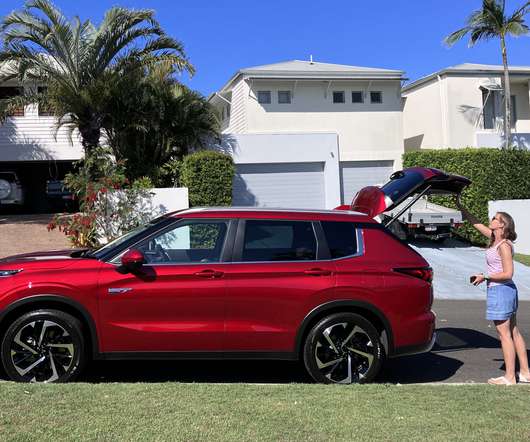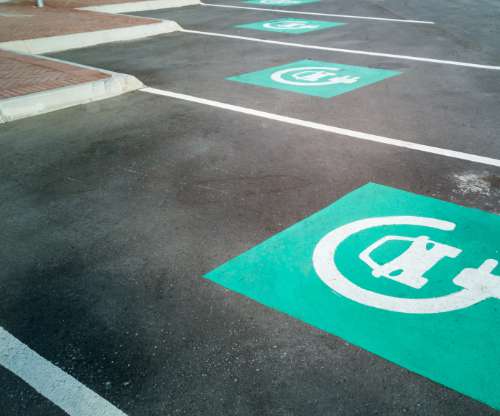Mitsubishi Outlander PHEV review: Plug-in SUV saves money, comes at a cost
EV Central
OCTOBER 20, 2022
Now an eight-year veteran on the Australian scene, the Mitsubishi Outlander PHEV was the world’s first plug-in hybrid SUV. We tested the $66,000 (approx) drive-away Outlander PHEV Aspire five-seater to see how it works for an active family of four. 2022 Mitsubishi Outlander PHEV Aspire. What is it? Is it good value?













Let's personalize your content